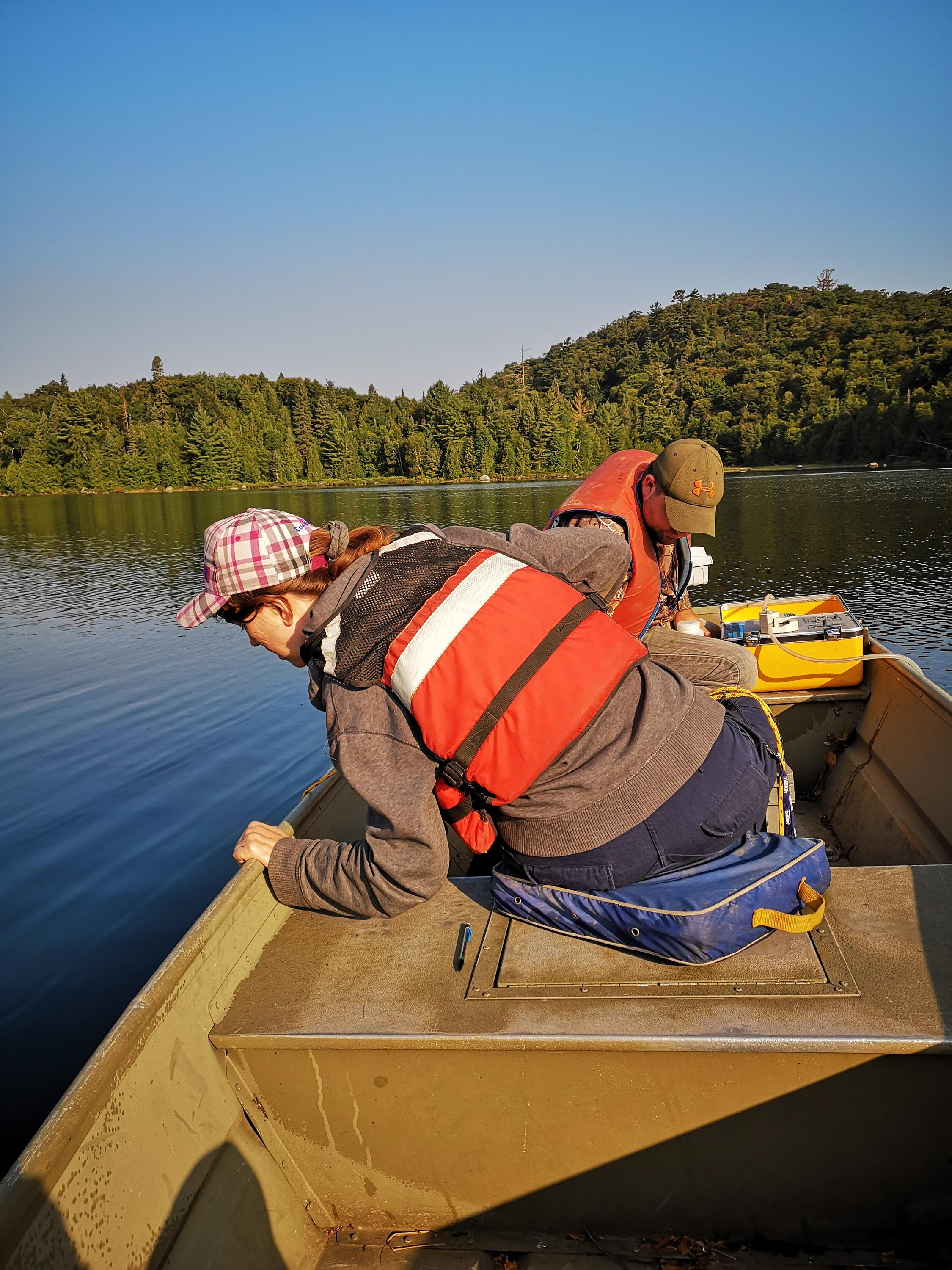 Student Panel
Student Panel
Presented by the Interdisciplinary Centre on Climate Change (IC3) and Faculty of Health.
Host:
Manvi Bhalla, MSc Candidate, School of Public Health and Health Systems; Graduate President, Climate Students;President & Co-Founder, Shake Up The Establishment; Director & Co-Founder, missINFORMED
Moderator:
Elanor Waslander, Knowledge Mobilization Manager, forWater Network & WaterSTP Research Group
Speakers:
Ellen S. Cameron, PhD Candidate, Biology
Timothy Shardlow, MSc Candidate, Biology
Elyse Batista, MASc Candidate and Research Technician, Civil and Environmental Engineering
Webinar details:

Join us for an overview on the direct and indirect impacts of climate change on aquatic ecosystem structure and health, cyanobacteria bloom dynamics and the implementation of modern molecular techniques in understanding the risk of toxin production in cyanobacteria populations and assessment of water quality.
This webinar will include a brief overview of the following themes discussing the impacts of climate change on:
1) Aquatic ecosystem structure,
2) Toxic cyanobacteria blooms, and
3) Water Quality Monitoring and Drinking Water Treatment.
Following the theme overviews, a panel discussion on key topics will be held to help audience members develop a comprehensive and interdisciplinary understanding on cyanobacteria populations in a changing climate. The session will conclude with an audience Q&A period.
Date: January 27th, 2021
Time: 1:00pm-2:00pm (EDT)
Location: WebEx
This event is part of ourIdeas to shape the future: Student Leaders in Climate Action and Research webinar series. Follow us on Twitter to stay up to date on upcoming student webinars and other IC3 events and programming.